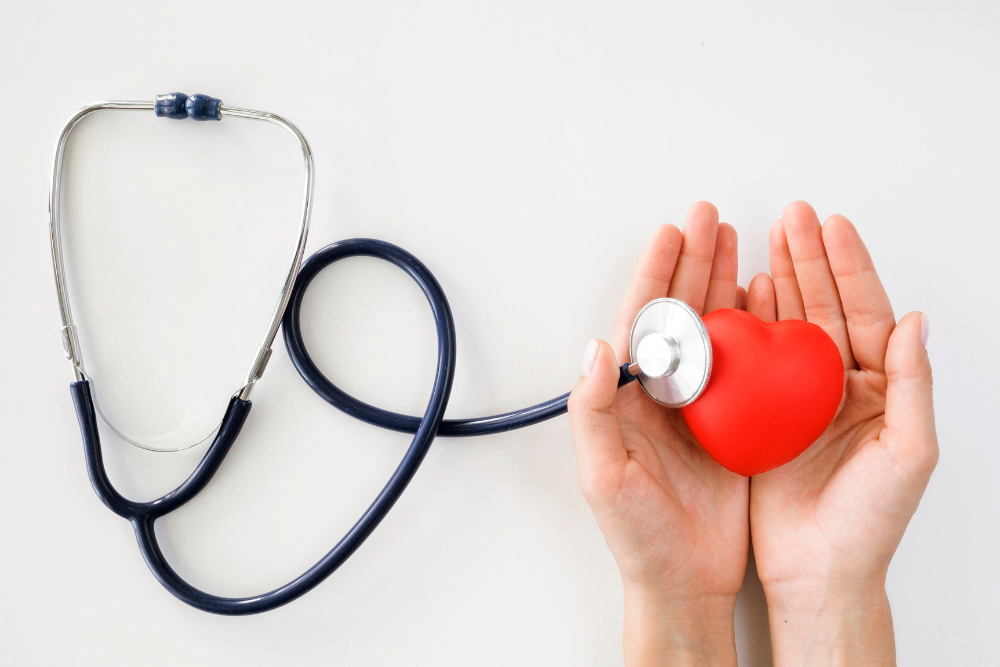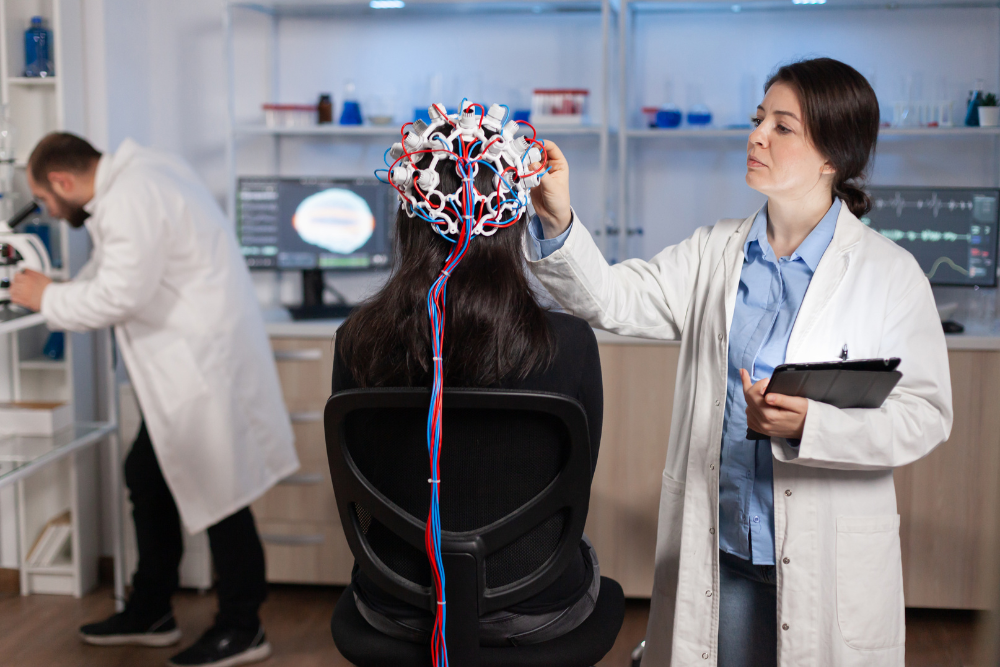Drama or Dementia? : Decoding the Secrets of Memory Loss!

Memory loss is a common experience that everyone faces from time to time. But how do you tell if it's just a normal part of aging or something more serious? In this blog, we'll explore the secrets of memory loss and help you understand the difference between everyday forgetfulness and the potential signs of dementia.
What is memory loss?
Memory loss is the inability to remember information or experiences that you once knew. It can range from mild forgetfulness, such as misplacing your keys, to more severe problems, such as forgetting the names of close family members.What are the different types of memory loss?
There are two main types of memory loss:- Short-term memory loss: This is the inability to remember things that happened recently, such as what you ate for breakfast or where you parked your car.
- Long-term memory loss: This is the inability to remember things that happened in the past, such as your childhood or personal history.
What are the causes of memory loss?
There are many different causes of memory loss, including:- Normal aging: As we age, our brains naturally lose some of their function. This can lead to mild memory problems, such as forgetting names or appointments.
- Dementia: Dementia is a serious brain disorder that affects memory, thinking, and behavior. Alzheimer's disease is the most common type of dementia.
- Head injury: A head injury can damage the brain and lead to memory problems.
- Vitamin deficiency: A deficiency in certain vitamins, such as vitamin B12, can cause memory problems.
- Medication side effects: Some medications can have side effects that include memory loss.
- Stress and anxiety: Stress and anxiety can interfere with memory function.
- Depression: Depression can also cause memory problems.
How to tell if you have dementia?
There is no single test for dementia. However, there are some common signs and symptoms that you should be aware of, including:- Memory loss: This is the most common symptom of dementia.
- Difficulty thinking and problem-solving: People with dementia may have trouble concentrating, making decisions, and solving problems.
- Changes in personality and behavior: People with dementia may become withdrawn, irritable, or aggressive.
- Loss of language skills: People with dementia may have trouble finding words or understanding language.
How to keep your memory sharp?
There are many things you can do to keep your memory sharp as you age, including:- Eat a healthy diet: Eating a diet rich in fruits, vegetables, and whole grains is good for your brain health.
- Exercise regularly: Exercise improves blood flow to the brain, which can help protect against memory loss.
- Get enough sleep: Sleep is essential for brain function.
- Challenge your mind: Learn new things and engage in mentally stimulating activities.
- Stay socially connected: Social interaction is important for brain health.
Additional resources:
Alzheimer's Association: https://www.alz.org/National Institute on Aging: https://www.nia.nih.gov/
Parvathy Hospital: https://www.parvathyhospital.com
Together, we can learn more about memory loss and help people with dementia live better lives.





